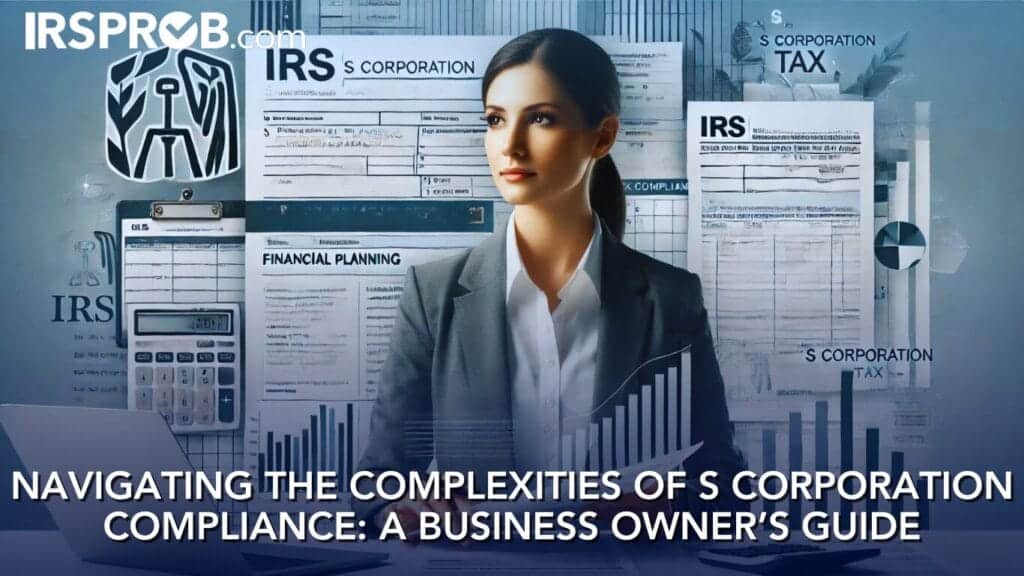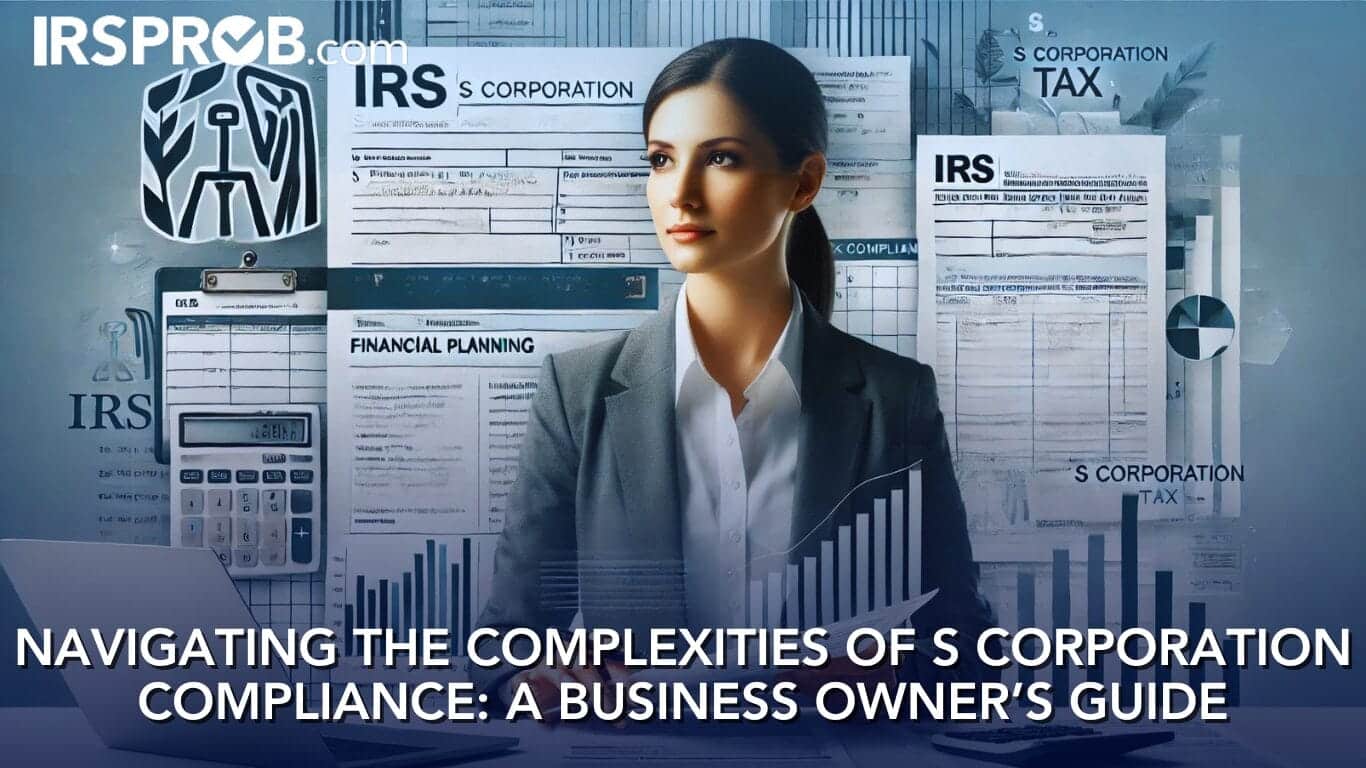
As a business owner, operating an S Corporation (S Corp) comes with various tax benefits, but it also requires diligent adherence to IRS regulations. The key to maintaining your S Corp status and maximizing tax savings lies in understanding your obligations and ensuring compliance with the necessary documentation.
Here, we’ll explore the critical aspects of S Corporation management and highlight potential pitfalls, using insights from the S Corporation Tax Organizer. This comprehensive guide is tailored to help business owners navigate through common challenges and ensure their S Corp remains compliant with tax laws.
Key S Corporation Compliance Requirements
1. Maintaining Proper Documentation
One of the foundational elements of managing an S Corporation is ensuring that your documentation is complete and accurate. The S Corporation Tax Organizer stresses the importance of maintaining proper records, such as:
- Annual Shareholder Meetings: Make sure that your corporation holds an annual meeting with shareholders and keeps a record of the meeting minutes. This is critical for preserving your S Corp status.
- Financial Statements: Ensure that your S Corp’s financial statements, including income statements and balance sheets, are accurate and up-to-date. This information will be required for tax return preparation.
- Shareholder Records: Maintain detailed records of each shareholder’s ownership percentage, stock basis, distributions, and loans made to or repaid by the corporation.
2. Shareholder Compliance
As outlined in the organizer, special attention must be given to shareholder-related matters:
- Health Insurance Premiums: If shareholders own more than 2% of the S Corp, any health insurance premiums paid on their behalf are treated as income and must be reported correctly.
- Shareholder Distributions: Distributions to shareholders need to be tracked meticulously. Misclassifying a distribution can lead to IRS penalties, especially if the distribution exceeds a shareholder’s stock basis.
3. Tax Filing and Election Considerations
The S Corp must file taxes under either the calendar year or an elected fiscal year. This decision can impact your tax obligations, so it’s critical to ensure the correct filing period is chosen.
Additionally, new S Corporations must file Form 2553 to elect S Corporation status. Failure to file this form on time can result in the corporation being taxed as a C Corporation, which comes with its own set of tax implications.
Common Pitfalls to Avoid
1. Improperly Categorizing Expenses
S Corporations are notorious for misclassifying certain expenses. For instance, the IRS pays close attention to officer compensation. If you’re both an owner and an employee of the S Corp, it’s important to pay yourself a reasonable salary. The IRS could reclassify distributions as wages and assess penalties if they believe the compensation is too low.
2. Not Paying Self-Employment Taxes
S Corporation owners don’t pay self-employment taxes on distributions, which is one of the main tax advantages. However, you still need to pay self-employment taxes on your salary. Be sure to structure your compensation properly to avoid IRS scrutiny.
3. PPP Loan Forgiveness
With the introduction of the Paycheck Protection Program (PPP), many S Corporations received loans that were later forgiven. According to the S Corporation Tax Organizer, it’s important to note that forgiven PPP loans are generally excluded from taxable income, but must be reported correctly on your tax return.
Strategies for Efficient Tax Management
Beyond compliance, S Corporations provide several opportunities to minimize tax liabilities. Here are some strategies to consider:
1. Maximizing the Qualified Business Income (QBI) Deduction
S Corporations can benefit from the QBI deduction, which allows for a deduction of up to 20% of qualified business income. To qualify, you must ensure your business structure and shareholder distributions align with IRS guidelines.
2. Fringe Benefits for Shareholders
While certain benefits, like health insurance, may be taxable for more-than-2% shareholders, other fringe benefits may remain non-taxable. Offering benefits such as retirement plan contributions can provide tax advantages to both the company and shareholders.
3. Depreciation Deductions
The Tax Organizer emphasizes keeping accurate depreciation schedules for equipment and assets. S Corporations can leverage Section 179 or bonus depreciation to write off the cost of equipment purchases immediately, reducing taxable income.
Conclusion
Managing an S Corporation involves understanding and navigating various tax rules, filing requirements, and compliance obligations. By following the guidelines in the S Corporation Tax Organizer and ensuring that you meet all IRS requirements, you can maintain your S Corp status and maximize your tax savings.
For more guidance on optimizing your S Corporation’s tax strategy, consult a qualified tax professional. At IRSProb.com, we provide expert advice tailored to business owners like you, helping you stay compliant while making the most of your S Corp’s tax advantages.








